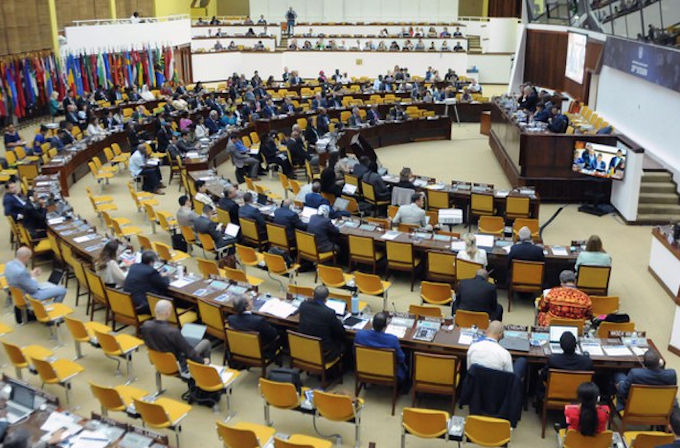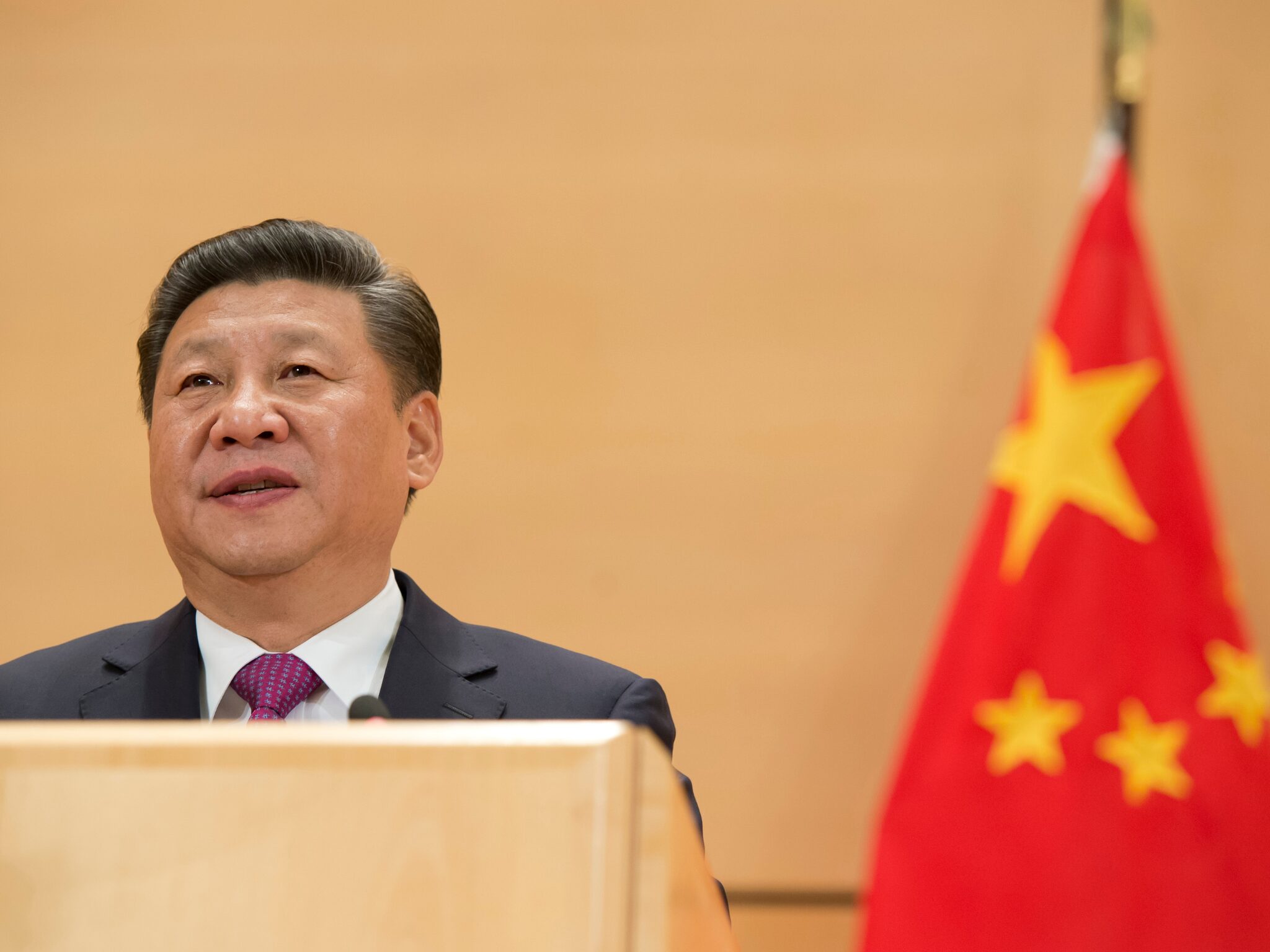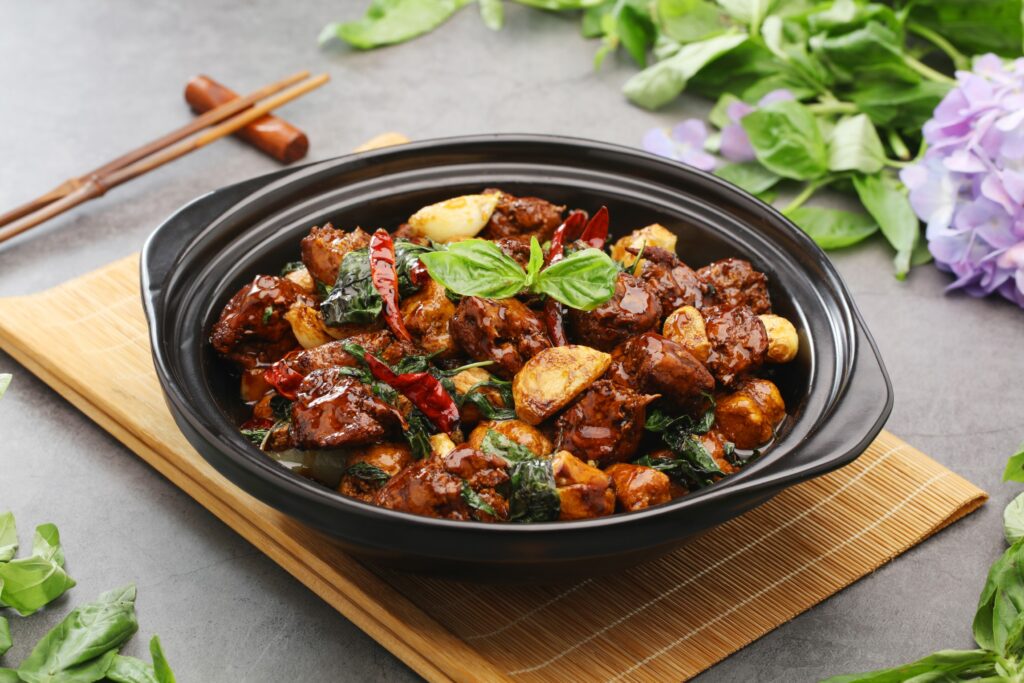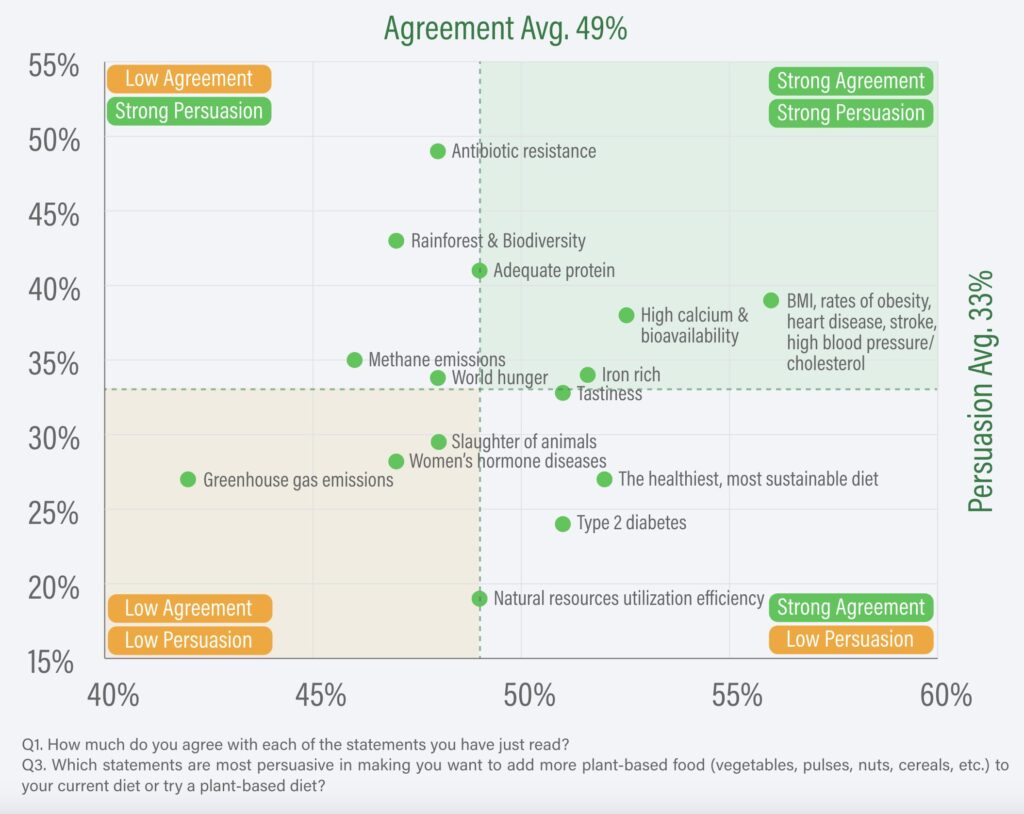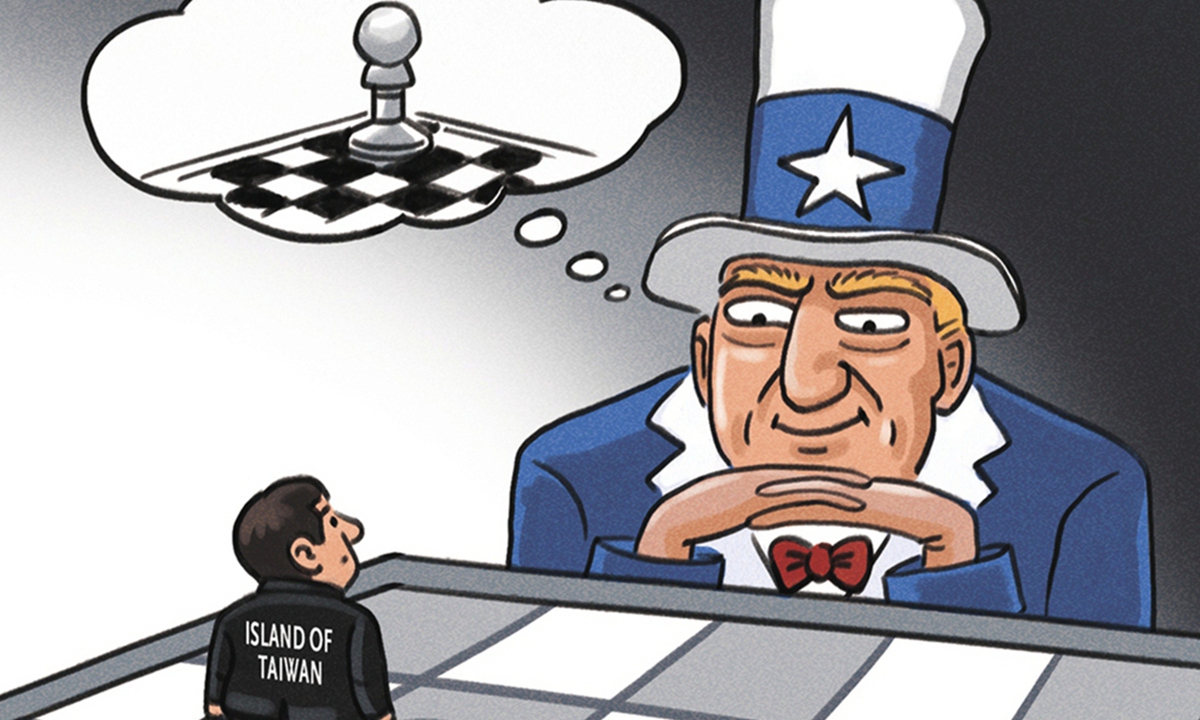
Orientation
How much do left brain pathologies have to do with culture and geography?
Recently I was interviewed by Jeff J. Brown on China Rising about an article I wrote titled “The Dark Side of Left-Brain Operations”. During the interview, I contrasted the differences between the functions the left and the right sides of the brain. As we went through this, Jeff commented on how the characteristics of the right side of the brain corresponded to Chinese culture and how the characteristics of the left side of the brain seemed to be an expression of European-Yankee culture. A big part of my article discussed how there is a power struggle between the left and the right sides of the brain. Psychiatrist Iain McGilchrist pointed out that when the left side of the brain gets out of control, the result is the dark side of cultural institutions like the Reformation, the Enlightenment and industrial capitalism.
At the end of my interview I pointed out that McGilchrist, author of The Master and His Emissary, did not explain why the left brain running amuck was not the characteristic of Far Eastern countries like China, Japan or Korea. In other words, if when the left brain gets out of control if it was strictly a biological or psychological process, we would expect to find it happening in all cultures all over the world including South America and Africa. But we don’t. It is only Western. This new article attempts to provide a materialist explanation for these differences based on the book The Geography of Thought by Richard Nisbett for why Easterners and Westerners think differently.
Some provocative questions
Why would the ancient Chinese excel at algebra and arithmetic but not geometry (as the Greeks)? Why do modern Asians do very well at math and science but produce less in the way of revolutionary science compared to Westerners? As Nisbett says:
Chinese civilization is remarkable because Chinese civilization far outdistanced Greek civilization technologically in ink, porcelain, magnetic compass, stirrups and wheelbarrow, pound locks on canals, sternpost rudder, quantitative cartography, immunization techniques, astronomical observations of novae, seismographs and acoustics.
Why are East Asians able to see relationships between events better than the West but find it more difficult to disentangle an object from its surroundings? Why are Easterners more susceptible to the hindsight bias such as ‘they knew it all along’? Why do Western infants learn nouns at a much more rapid rate than verbs?Why do Easterners learn verbs at a more rapid rate? Why are Easterners so willing to entertain apparent contradictions? Why are Westerners more likely to apply formal logic when reasoning about everyday events?
Where are we going?
My purpose in this article is three-fold. First is to show the differences that Nisbett contrasts between holistic and analytical thinking. Secondly, I explore his materialist explanations for why these cultures think so differently. Lastly, I point out some weaknesses in Nisbett’s book.
Holistic vs Analytical Thinking in nature
Functional vs taxonomic classification
Which of these three is least like the other two? The three items are a dog, a carrot and a rabbit. If you think holistically the dog is different. If you think analytically the carrot is different. Why? Because in holistic thinking rabbits eat carrots, the dog is different. But if you think analytically the carrots are different because dogs and rabbits are animals while a carrot is a vegetable. Holistic classification is functional, based on how objects work together in everyday life. They are grouped together because of causal, temporal or spatial functional relationships. This analytical classification is called taxonomic. This means objects are classified according to type, independent of space, time or cause. It has little to do with everyday life interactions.
Form vs content
Closely connected to these classification differences is the relationship between form and content. In holistic thinking, objects (content) are never understood as separate from their atmosphere form (or setting). In analytical thinking, objects are separated from their context and treated separately. Thus, empiricism separates objects from their context and examines them in terms of what they have in common (empiricism). So too, thinking is separated from the senses and thoughts are compared to other thoughts leading to rationalism, including formal logic. Contrary to this holistic thinking treats thinking and sensing as going together. There is no formal logic I know of in Chinese thinking.
Here are a couple of examples. In a research experiment with fish in the water, the Japanese made many more references to background elements. Americans focused on the fish and ignored the environment. In the United States an instruction book on how to draw was published called Drawing on the Right Side of the Brain. In it there was an exercise on drawing the negative space which surrounded the figure. The idea was to let the figure emerge growing out of the negative space rather than drawing the figure directly. The whole point of the exercise was to get Western students to stop treating the background as irrelevant. Easterners, knowing this already, would have little need for this exercise.
Diffused vs focused attention; aggregates vs synthesis
Holistic thinking and analytic thinking each have their pros and cons. In holistic thinking, we have a wide, diffused lens. We see the forest but the trees are blurry. In analytical thinking we have tunnel vision. We see the detail of the trees, but miss the majesty of the forest. This attention to detail leads analytical thinkers to imagine that the whole of the forest is nothing more than an aggregate of individual trees. In holistic thinking the entire forest system is more than the sum of the trees.
Organism vs mechanism; plenum vs atoms and the void
In general, way beyond forests, holistic thinking imagines all of nature as an organism where all aspects are interdependent. In Chinese philosophy, nature consists of a plenum or Tao which is filled with interdependent substances like the five elements. Wood, fire, earth, metal and water are constantly changing into each other in different proportions. This philosophy is embodied in the writings of Lao-Tze. The philosophy of nature in the West is mechanism where all the parts are interchangeable rather than interdependent. According to Democritus and Epicurus, nature is not a plenum. it is composed of atoms and the void. These atoms are discrete objects (atomism) and these objects are composed of particles or things.
Differences in language socialization
The differences between East Asian languages and Indo-European languages are so deep that they are embedded in how each learn language. Philosophically we can say that for East Asians generally, movement is more important than stasis. In the West, on the other hand, we start with things and then as a derivative try to explain movement. Nisbett points out that East Asian languages verbs are learned at a faster rate than nouns. It the West the opposite is true, nouns are learned faster. What do the nouns and verbs say? In East Asia, verbs are denoted by relationships. In the West nouns are denoted by categories. Lastly, there are differences even in the placements of nouns and verbs in a sentence. In East Asia, verbs come at the beginning and the end of sentence, with nouns in the middle. This indicates that first there is movement which temporarily thickens into a noun which then returns into more movement. In the West it is the opposite. First nouns, then verbs (predicate) and then objects. This follows a philosophy that says in the beginning there are things (nouns), there are verbs in the middle and then nouns (objects) at the end.
Polar vs dualistic opposites
The Tao in Chinese philosophy consists of two polar opposites, yin and yang and these opposites turn into each other creating new combinations of the five elements. These opposites depend on each other and cocreate with each other. In analytical thinking opposites are understood as being mutually exclusive, zero-sum game with choices such as “either/or”, as in Aristotle’s law of the excluded middle. When confronted with two apparently contradictory propositions Americans tended to polarize their beliefs. In the West there is typically a right and wrong and there will be a winner and loser. In holistic philosophy choice involves not choosing one or the other. Both are chosen in addition to other choices. Holistic philosophy strives for hostility reduction and compromise mediated by a third party.
Formal logic vs informal logic
Formal logic in the West is the study of the structure of an argument independently of its content. The basis of formal logic is to abstract qualities from context and connect these abstractions as if they had a life of their own.
The syllogism:
– All women are mortal
– Sandy is a woman
– Sandy is mortal
It is correct from the point of view of formal logic. It doesn’t matter if we change Sandy’s name to Phyllis. It doesn’t even matter if we substitute immortal for mortal.
So:
– All women are immortal
– Phyllis is a woman
– Phyllis is immortal
This is still logically correct. It doesn’t matter that in real life woman are mortal. Nisbett points out that for the Chinese there is a whiteness of the house and the whiteness of the snow but not whiteness as an abstract, detachable concept that can be applied to almost anything. The Chinese were distrustful of decontextualization.
Nisbett writes that In China there were only two short-lived movements of little influence in the East that shared the spirit of logical inquiry that has always been common in the West. These are the logicians and the Mohists (Mo Tzu), both in the classical period of antiquity. Mo Tzu shared several logical concerns. They include the ideas of necessary and sufficient conditions, the principle of non-contradiction and the law of the excluded middle. Mo Tzu developed a rough version of cost-benefit analysis. However, there was never even among the logicians and Mohists a willingness to accept arguments that flew in the face of experience.
Holistic vs Analytical Relationships in Society
Cogs in the machine vs interdependent belonging
Earlier I said that analytical thinking treats parts in nature as particles or things. This carries over into how workers function in relationship to capitalism. Workers are treated as things, interchangeable parts. Unskilled workers are hired and fired with no sense of continuity or membership in an organization. They are cogs in a mechanistic machine. In Japan in the 1970s and early 1980s, even though it was a capitalist society, workers were still treated as interdependent parts of an organization. Every worker had a place and worker could have one job for their whole life. In speaking about the industrial revolution, Nisbitt points out:
Seeing the world of objects is linked to the industrial Revolution. Assembly line—auto part atoms were put together by workers performing a repetitive set of actions over and over again (82)… {in the} late 18th century, especially in the United States, they began to modularize the world of manufacture and commerce. From muskets to furniture they were broken down into the most standardized parts possible and the simplest replicable actions…. Time itself became a modular entity: three minutes for bolting on the carburetor; two and a half minutes for installing spark plugs…Starting around the late 19th century retail stores became modular chains. (83)
Collectivism vs individualism
One of the major divisions within cross-cultural psychology is that between collectivism vs individualism. As you might expect, holistic thinkers are collectivist. This means that the group comes first and decisions are based on the interests of the group, which is true from the micro to the macro level. Analytical thinkers are individualists. The individual is the center of attention and the group is seen as secondary or a necessary evil. This plays out when something happens to an individual. When an individualist has an unfortunate circumstance, their tendency is to imagine the personal motives of another person involved rather than the situation another person was in. This is called an “internal locus of control”. In social psychology Collectivist holists are more likely to examine the situation first. They will underestimate the power of individuals to change things. In part this is because they have an external locus of control.
In answer to the question tell me about yourself, Japanese schoolchildren are taught how to practice self-criticism both in order to improve their relations with others and to become more skilled in solving problems. In the West individuals answer the same question by referring to their personality traits, role categories and activities statically proclaiming, “I am what I am”. The proportion of self-references was more than three times higher for American children than for Chinese children.
In-group and out-group
In our initial description of the differences between collectivism and individualism we said that for collectivists the group comes first and for individualists the single person comes first. But this is only for the in-group. It says nothing about relationships with the out-group or strangers. As it turns out in East Asia the gap between in-group and out-group (strangers) is greater than in the West. In the West the relationship between individuals and their in-group is weaker, but their relationship to the out-group (strangers) is less. Part of this no doubt is that under capitalism, being civil to strangers is necessary for the exchange of commodities. In East Asia, which has either outright socialism or moderate capitalism, they are less likely to give strangers the time of day.
Rights vs obligations
Nisbett tells a story that an Asian friend is perplexed to hear in households in Yankeedom members of a family are always thanking each other rather than simply carrying out obligations. The basis of thanking someone is that there is no necessary interconnection between people that makes help a constitutional part of society. Instead, we volunteer to do something with the option to not help. This is the essence of individualism.
Nisbett says that for Westerners, once a contract has been agreed to it is binding regardless of circumstances that might make the arrangement problematic. To the Western mind, once a bargain is struck, it shouldn’t be modified. For Easterners agreements are often regarded as tentatively agreed upon guides for the future. There is little or no conception of rights that are inherit in the individual. Furthermore, Nisbett points out:
The combative, rhetorical form is also absent from Asian law. More typically the disputants take their case to a middleman whose goal is animosity reduction. There is no attempt to derive a resolution to a legal conflict from any universal principle. The Americans were more likely to prefer adversarial adjudication with representation by lawyers. (75)
Holistic vs Analytical Relationships in the Sciences and the Arts
The Chinese used their experience to measure things. The Greeks abstracted from their experience and fixed abstract rules which were used as the basis for predicting and explaining the motion of these objects. As might be expected those who think analytically will disentangle relationships in order to extract abstract rules from them. The Greeks understood that it was necessary to categorize objects in order to be able to apply rules to them. Nisbett says that because the Chinese see relationships first their lack of interest in the categories prevented them from discovering laws that really were capable of explaining classes of events. In the case of the Greeks, most of Aristotle’s physical propositions were false, but Aristotle had testable propositions. Though the Chinese excelled in algebra and arithmetic they made little progress in geometry because proofs rely on formal logic. While the Greeks excelled in geometry and had formal proofs they never developed the concept of zero which was required both for algebra and for an Arabic style place number system.
The arts
Interestingly but not surprisingly, Chinese paintings are dominated by landscape which dwarf human figures. Studies of Western paintings show human figures as three times as large. Furthermore, the Chinese paint the horizon lines 15% higher to call attention to the depth and allows more room for the objects. Analytical tradition of the West paint the horizon lines 15% lower. This reduces the range of the scene that is visible. Nisbett says the Chinese emphasized monophonic music which reflected their concern with unity. In the analytical West, polyphonic music was present where different instruments and different voices take different parts. Please see Table I for a comparison.
Table I
How Asians and Westerners Think Differently
| Holistic Thinking |
Category of Comparison |
Analytic Thinking |
| Ancient China |
Region of the world |
Ancient Greece |
Wide Lens
See forest less trees |
Scope |
Narrow Lens—Tunnel Vision
See trees, less forest |
| Objects are never seen separate from their atmosphere |
Form and content |
Objects extracted from their environment and treated separately
(Empiricism and rationalism) |
Functional-associative
Based on how objects working together
They are grouped together because of causal, temporal or spatial functional relationships |
How things are classified
|
Taxonomic classification
Objects are classified in relationship to type, not what they do together or their connection to causal, temporal or spatial relations |
| Wholes are more than the sum of their parts |
How wholes and parts are understood |
Wholes are aggregates, no more than the sum of their parts |
Plenum
Tao yin-yang principle
(Lao Tzu) |
What is nature? |
Atoms and the void
Democritus, Epicurus |
Interpenetrating substances
Five elements
Wood, fire, earth, metal, water |
What is nature composed of? |
Collection of discrete objects
(atomism)
Objects are composed of particles, “things” |
| Organicism |
Nature philosophy |
Mechanism |
| As organisms with interdependent parts |
Application to society: How are organizations depicted? |
As machines with inter-changeable parts |
Polar opposites
depend on each other and co-create each other
“both and more” |
How are opposites understood? |
Dualistic opposites
Mutually exclusive and have nothing to do w/each-other “Either/Or” |
| Other than Mo Tzu, the Chinese lacked even a principle of contradiction |
How are contradictions held? |
Aristotle’s law of non-contradiction |
| Informal logic |
Form of logic |
Formal logic—syllogism |
| Collectivism |
Type of Self |
Individualism |
| Explain things situationally Understate disposition |
Attribution of causes |
Overstate disposition, understate situation |
| External |
Locus of control |
Internal |
| More conforming to in-group More hostility to out-group (strangers) |
In-group/out-group |
More challenging to in-group More civil to out-group (strangers) |
| Learn verbs at a faster rate
Verbs are about relationships Verbs come in the beginning and end of a sentence
Nouns come in the middle |
Linguistic socialization |
Learn nouns at a faster rate Nouns are denoted by categories
Nouns come at the beginning and end of a sentence
Verbs are in the middle. |
| Experience |
What is used to measure? |
Fixed abstract rules are used as the basis for predicting and explaining the behavior of these objects |
See relationships
Their lack of interest in categories prevented them from discovering laws that really were capable of explaining classes of events |
Science |
Disentangle relationships and see rules
The Greeks understood that it was necessary to categorize objects in order to be able to apply rules to them |
Excel in algebra and arithmetic
They made little progress in geometry because proofs rely on formal logic |
Mathematical Application |
Geometry
Had formal proofs, but Greeks never developed the concept of zero which is required both for algebra and for an Arabic style place number system |
Paint horizontal line of landscapes 15% higher
Calls for attention to depth and allows more room for objects |
The Arts
Landscapes |
Paint horizon lines 15% lower. Reduces the range of the scene that is visible |
| Human figures are smaller |
Portraiture |
Human faces are three times as large |
| Monophonic music reflected Chinese concern with unity |
Type of music |
Polyphonic music where different instruments and different voices take different parts |
Qualifications
We must be careful not to overstate generalities. In the case of the Far East, there were some atomistic and empirical traditions such as Mo Tzu that shared many of same interests as Western philosophers. Conversely in the West, while the atomism of Democritus and Epicurus were surely important, Western philosophy has a deep anti-atomist tradition stretching from Plato to Leibniz, Shelling and Hegel.
Within the Western tradition, Nisbett points out that the Southern European countries like Spain, and Italy plus Belgium and Germany are intermediate between the East Asian counties and the countries influenced by Protestant, Anglo-Saxon culture. Still more generally the European continent is more holistic and rationalist than are the empirical England or the United States. The big picture theories in politics and economics come from the continent including Marx, Weber, Durkheim and Comte. In psychology we have the big system philosophy of Freud and Piaget. It is hard to imagine behaviorism emerging in any place but the United States or England. When we turn to Western religions, we find the same split between the Anglo-American world of Protestants and the continental European tradition where Catholicism reigns.
Within Eastern traditions not all roads lead to China. While both the Chinese and Japanese stress order, it is a different kind of order. For the Chinese, order comes from the macro world of state on the one hand and the micro world of family relations on the other. This comes in the form of mother-son or father-daughter relations. For the Japanese the forces of order come from the meso-world of the peer group. The same pattern holds in school. For the Chinese, obedience to the teacher is primary, but for the Japanese control is managed by what classmates may think or say.
A huge difference between the Japanese and the Chinese is that Japan developed capitalism well over 100 years before the Chinese. But even in this case geography might have had something to do with it. Japan, like England, was an island where no large centralized system had room to develop. Even so, Japanese capitalism still retained a collective orientation. Loyalty to the corporation was much stronger among workers there than in either the United States or England. Finally, Nisbett points out that while in the macro and micro worlds the Chinese expect order, in the meso-world the Chinese have a more relaxed form of life. It is the Japanese who insist on a need for order in all parts of their lives. In that way they are similar to the Germans and Dutch.
Materialistic Explanations for East-West Differences
Geography and climate
Not just in China, but in all the great agricultural civilizations of the past there is a crucial climate, geography problem. First, there is inadequate rainfall, yet the presence of large bodies of water in the valleys. The problem for them is how to get the large bodies of water to their farms. In Greece and in Europe generally there is no such rainfall problem. European countries are surrounded by mountains leading to a change in climate as Jared Diamond pointed out in Guns, Germs and Steel.
Political consequences
China, along with Egypt, and India have ways to solve the problem of inadequate rainfall and large bodies of water by setting up irrigation systems. But China and India are very large countries and setting up local irrigation systems is too risky and they could fail too easily. Hence the development of a centralized agricultural state could solve their problems. However, the leaders of these centralized states soon recognized their position and they begin to expect more and more in return for performing this public service. The result is a centralized political system with a ruling class.
In Greece and generally in Europe there was no need for any centralized irrigation system because rainfall made it unnecessary. In addition, the high mountains between European states made any centralized political power over Europe next to impossible. The European continent has never completely fallen to an empire. Hence all political power was decentralized.
Means of subsistence
With a centralized irrigational system and rich river valleys, Chinese peasants settled down to do subsistence agriculture, including rice. The Greeks were not so fortunate. The Greek land was stony and dry which only lent itself to orchards growing olive trees. The Greeks made their living from herding, fishing and trade. They engaged in commercial agriculture producing olive oil for trade.
The subversiveness of trading
The activity of trading produces mutual effects in differentiating Greece from Chinese and other near Eastern civilizations. For one, it taught the merchants different languages and different systems of weights and measures opening them up to more trading. Second, living near the coast meant encountering many ethnic groups with different religions and politics. Third, trading also forced traders to haggle, going back and forth and arguing. This was a very powerful instrument in conducing not only economic affairs but political affairs. As is well known Greece developed an extraordinary decentralized political system in which debate and the teaching of rhetoric by the Sophists was a way of life. Farmers hired rhetoricians to help them win cases when their land was threatened to be taken over.
On the other hand, trade for China was not a necessity. They traded mostly in luxury goods. Surely traders were never given free reign by the emperor. This meant that China was a more closed civilization. Nisbett says that 95% of the Chinese population belongs to the same Han ethnic group. Nearly all of the country’s more than fifty minority ethnic groups are in the western part of the country. The Chinese were less exposed to other religions and political systems and when they were Chinese rulers saw them as inferior. Because there was no reason to learn how to haggle and be argumentative in marketing situations Chinese politics was far from the tradition of Greece debate. Chinese civilization was under a centralized political rule that was from the top down. Argumentation was disapproved of because China did not have liberal political expectations. In addition, the Chinese kin relations, like the Japanese, had built into them the expectation people should be able to save face.
Implications for contemporary science
Nisbett makes a very interesting point about contemporary differences between Chinese and European traditions in science that are connected to what has been said so far. He writes that the Chinese are very good at following up and expanding what Western science has produced but they are not as good at making breakthroughs. Why could this be? Nisbett points out that most scientists they hit their peak contributing innovative scientific explanations in their 20s. But Chinese scientists have a tradition of deferring to elders. Therefore, at Chinese conferences young scientists are expected to defer to elders, even if these elders have nothing new to say. Seniority is more important than innovation. Competitive debate with clear winners and losers is understandably seen as in bad taste. However, in the West competitive debate has been going on for well over 2000 years. In addition, in the West the elderly are not revered, and are considered over the hill. The revering of the young in the West goes perfectly well with young scientists presenting findings that might contradict those of the elderly. Please see Table II for a summary of the ecological, political and economic explanations for the differences between holistic and analytical thinking.
Table II
Materialistic Explanations for Holistic vs Analytical Thinking
| China |
Original Region of the world |
Greece |
| Fertile plains, low mountains and navigable rivers |
Ecology |
Mountains descending towards the sea |
Subsistence agriculture
Rice, other grains |
Means of subsistence |
Herding, fishing and trade
Commercial agriculture |
| Easy to do |
Political centralization |
Difficult to do |
Yes. Yellow River Valley of North China where the Shang Dynasty originated
(18th -11th century BC) Chou Dynasty (11th to 256 BCE) |
Centralized irrigation required? |
No
Adequate rainfall |
| Bureaucratic Centralization
|
Political organization |
Decentralized competing states
Direct democracy |
| Not essential
Trade for luxuries
Competitive debate not taught
Rhetoric harmonious |
Place of trading |
Necessity for subsistence goods
Competing traders and competing cities invited skills of argument and competitive debate |
| 95% of the Chinese population belongs to the same Han ethnic group |
Cultural diversity |
Living near the coast meant encountering other ethnic groups, religion and politics |
Held back by respect for elders
Seniority over innovation |
Contemporary science |
Elders “over the hill”
Glorification of young
Innovation over seniority |
| Absence of competitive debate and peer review |
Place of contemporary
debate in science |
Competitive debate and peer review |
Criticisms of The Geography of Thought
The Geography of Thought is a very interesting and provocative book. Most of what I have to say about it are qualifications rather than direct disagreements. First of all, the book seems ahistorical. It presents the origin of two cultures, China and Greece, too much as destiny. It really does not account for the fact that China has a history which surely has some innovations since ancient China. So too Greece, let alone Europe, must have developed new innovations over the last two thousand years. In addition the book does not provide any explanation for how these historical innovations could have emerged using the ecological, political and economic explanations.
According to world-systems theory capitalism emerged in the West in the 16th century. This, of course, is a direct expression of analytical thinking. However, in the last of the 19th century Japanese capitalism developed and from the beginning of the 1980s capitalism also developed in China. We need an explanation for how this invasion of holistic thinking came about. Lastly, the relationship between socialism in the 19th and 20th centuries needs to be made sense of in its relationship with holistic thinking in China. How is it similar and different from the values of ancient China?
• First published in https://socialistplanningbeyondcapitalism.org/
The post
Holistic vs Analytical Thinking first appeared on
Dissident Voice.
This post was originally published on Dissident Voice.














